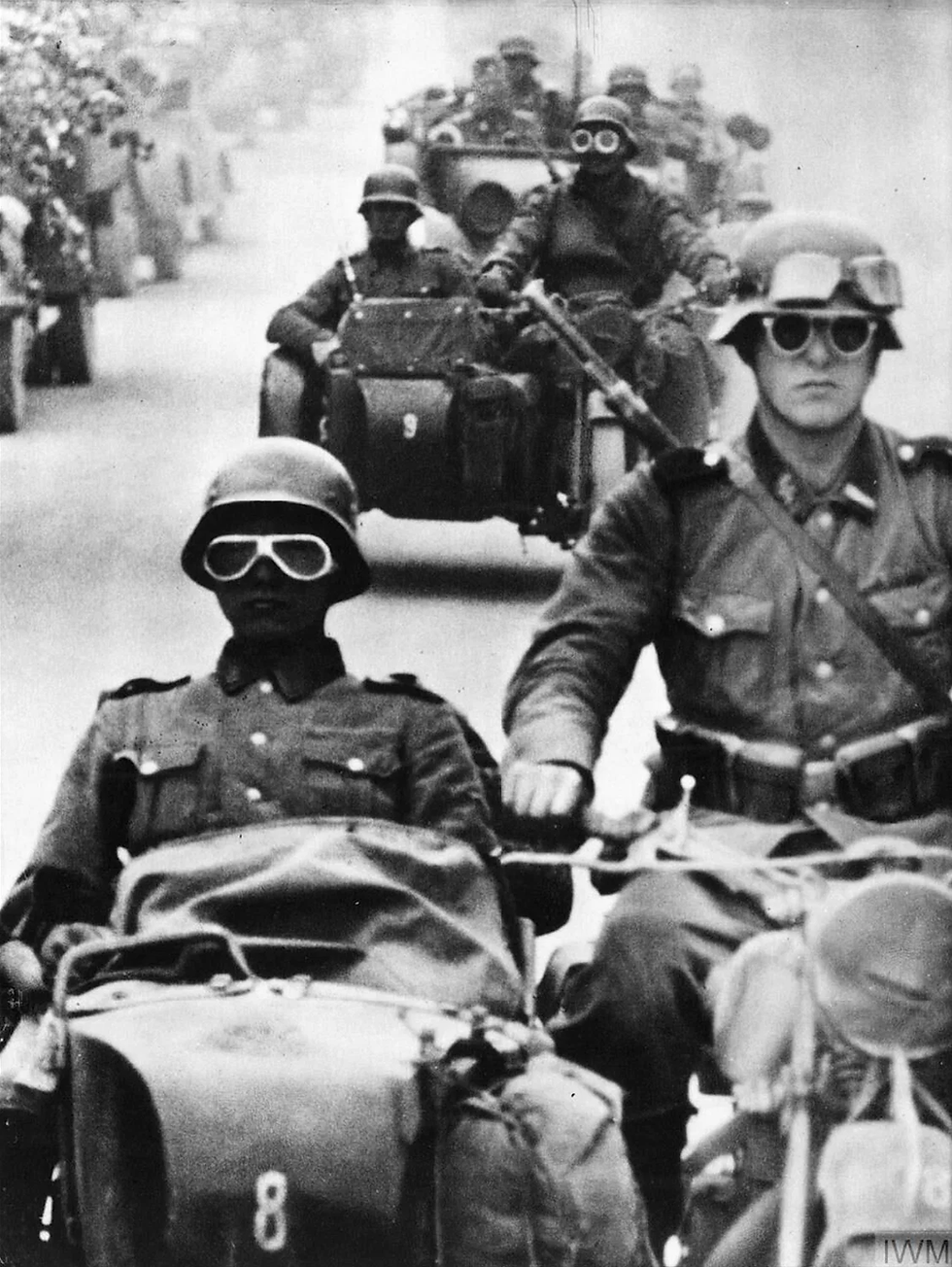The Mythos of the ‘Spirit of 1914'
- Owen Whines
- Oct 1, 2024
- 4 min read

“The Spirit of 1914” is a term used to describe the supposed war fever that gripped Europe at the outbreak of the First World War. It suggests that the public, especially young men and boys, felt great excitement at the prospect of war and fighting for one’s country. The Nazi party later used the “Spirit of 1914” in their propaganda for recruitment to the German army during the Second World War; the excitement to fight for one’s country was certainly something felt by Hitler, who himself fought in World War One. Historians such as Jeffrey Verhey and Catriona Pennell suggest that the idea of a “spirit of 1914” en masse was a myth: people accepted the war with a stoic determination, rather than enthusiasm.. By examining eyewitness accounts and newspaper reports written both in 1914 and retrospectively, it should become clearer as to whether there was a genuine “spirit of 1914” in Europe, or if it was more a sense of unity against a common enemy.
On the 26th of July 1914, the New York Times reported that “enormous throngs have paraded the streets of the [German] capital all day” . There was said to be dancing and singing of national anthems and other patriotic songs. Similar displays of enthusiasm were reported across Europe; in Paris for example, people also filled the streets crying “vive la France” and “vive l’Alliance”. The war fever even reached the USA, where immigrant populations marched up Broadway in New York, singing their respective national anthems. The New York Times reported once again, a few weeks later on the 7th of August that “the Germans are going to war smiling, singing and cheering. With the knowledge of the First World War that we have today, it seems absurd for people to be celebrating the arrival of war and being excited to go and fight on the battlefields. But it is important to remember that at the time, naturally, people didn’t have the hindsight that we do today. The most recent large-scale war, the Boer War, was not a recent memory for the majority of the European population. Young men especially got swept up in the romanticised image of war and being a soldier, and then returning a hero. Others simply wished for a change from their everyday routines and viewed the war as this exciting new adventure, where they could prove their manliness. They had no idea of the horrors that awaited them, or indeed quite how long the war would last.
Despite this very positive image of the reaction to the outbreak of war in 1914, many historians have suggested that the “Spirit of 1914” was not as widespread or as enthusiastic as it may first appear. Jean-Jacques Becker suggests that the “aggressive nationalism” perceived in many countries was in fact limited mostly to the cities, an idea with which Erik Rigmar agrees, emphasising that it was the youth and academics who felt excited at the prospect of war. This may be explained once again by the fact that the youth would have no memory of previous major conflicts and thus the romanticised ideas of war took precedence over any concerns. Catriona Pennell cites an article from the Cambridge Daily News in August 1914 to argue against any war fever in the UK. The article states that “the crowds in the streets are great… but the temper is really quite different… the people were not excited or demonstrative, but they were intensely interested” (Pennell, 2012). Adrian Gregory supports Pennell’s assertion by noting that when these massive crowds gathered in London, it was a bank holiday, thus it can be inferred that so many people gathered simply because they had no other responsibilities at the time, and were free to join in the festivities, regardless of whether they supported the war or not.
Some people, however, clearly did feel the “spirit of 1914”, perhaps most notably Adolf Hitler. After being rejected from art school, Hitler enlisted in the German army and described his time in the war as some of the best years of his life. He reflected on these feelings in Mein Kampf, arguing that “the struggle of the year 1914… was desired by the whole people. People wanted at length to put an end to the general uncertainty.” (Hitler, 1925). He claimed that this general uncertainty was what caused so many young German men to enlist for the armed forces, “prepared to defend the [German] flag with the last drop of their blood.” (Hitler, 1925). Whilst there is evidence to corroborate Hitler’s account of the outbreak of war in 1914 (some of which has been previously mentioned), it is important to remember that his perception of the atmosphere will have been undoubtedly influenced by his own feelings, which as mentioned earlier seemed to be of genuine excitement. Furthermore, Mein Kampf was a form of propaganda for the Nazi regime, and thus one cannot take its depictions of such events and moods at face value.
Some people genuinely did get swept up in the excitement of the war fever, the romanticised image of having this great adventure and then returning a hero, and perhaps a change of pace from the banalities of everyday life. However, in more general terms concerning the European population as a whole, the “Spirit of 1914” and the idea of enthusiasm for war did not exist. Whilst there was a shared sentiment amongst many people, it was more one of unity, and a resigned sense of duty towards one’s country that met the outbreak of war, not widespread excitement.









Comments